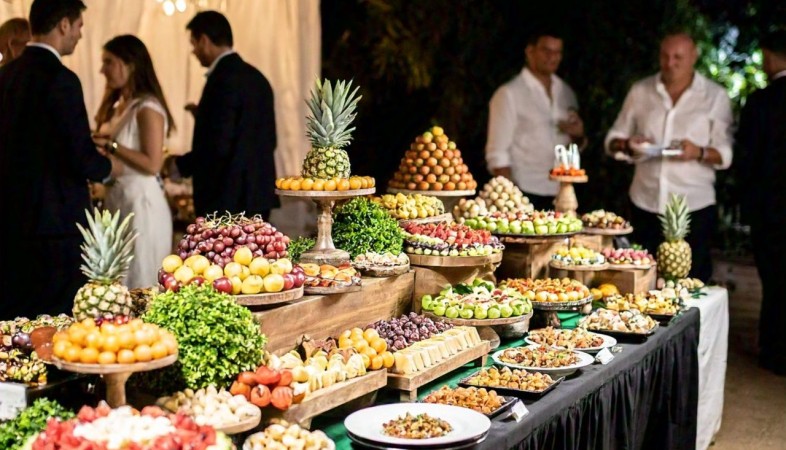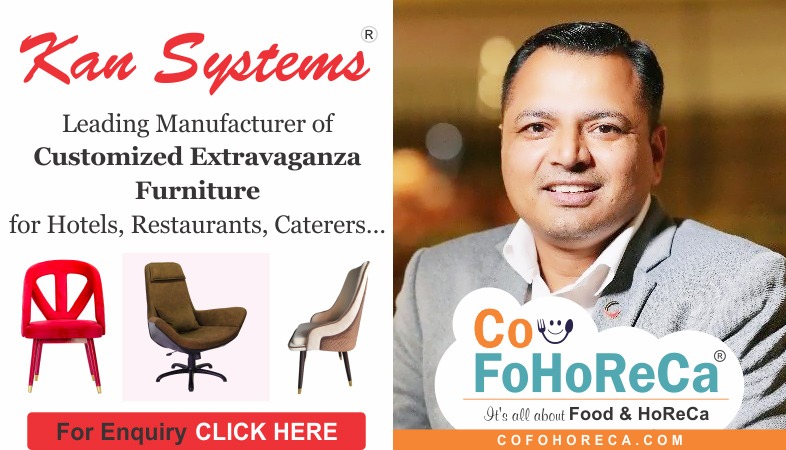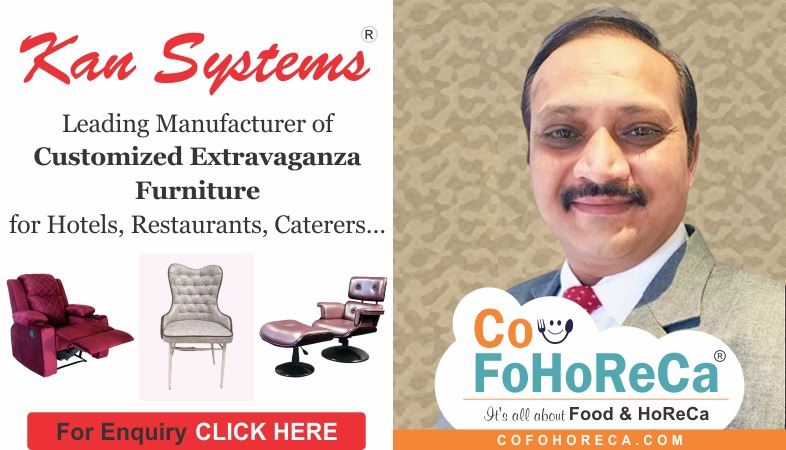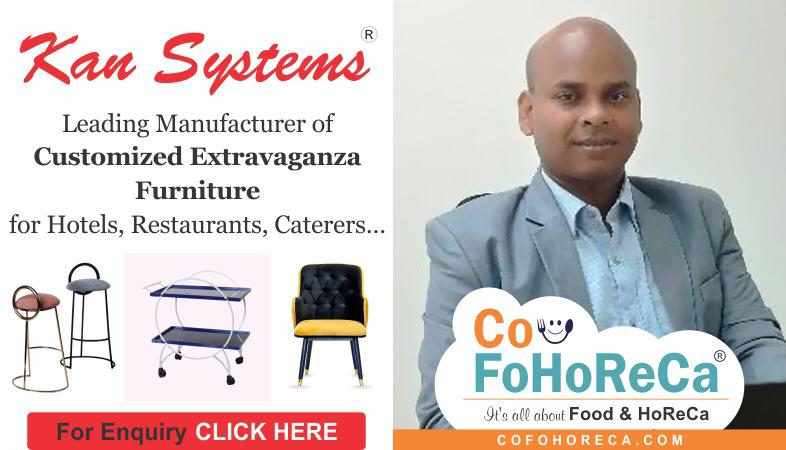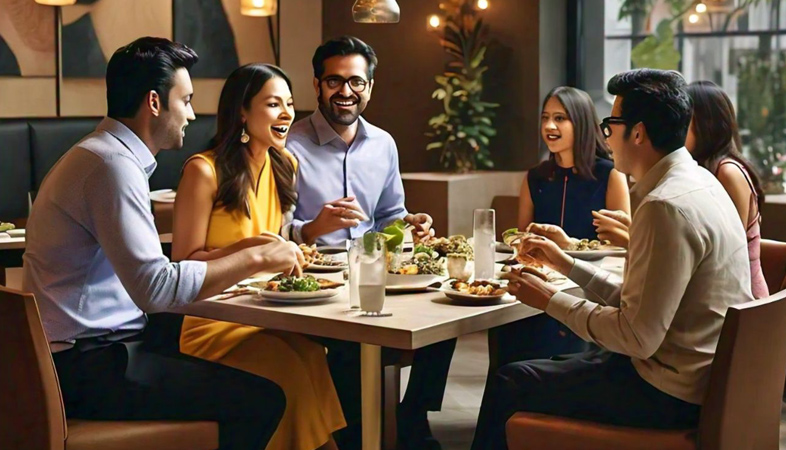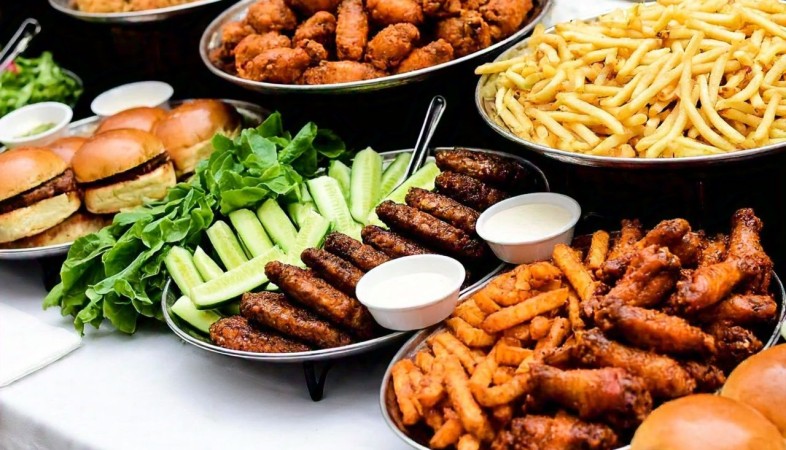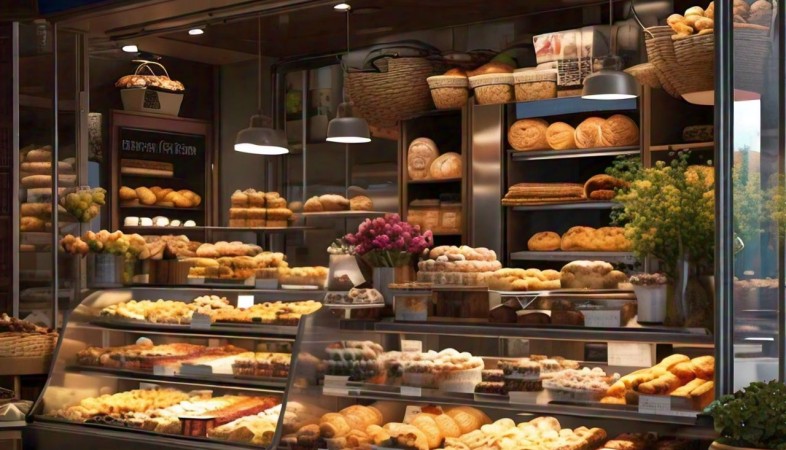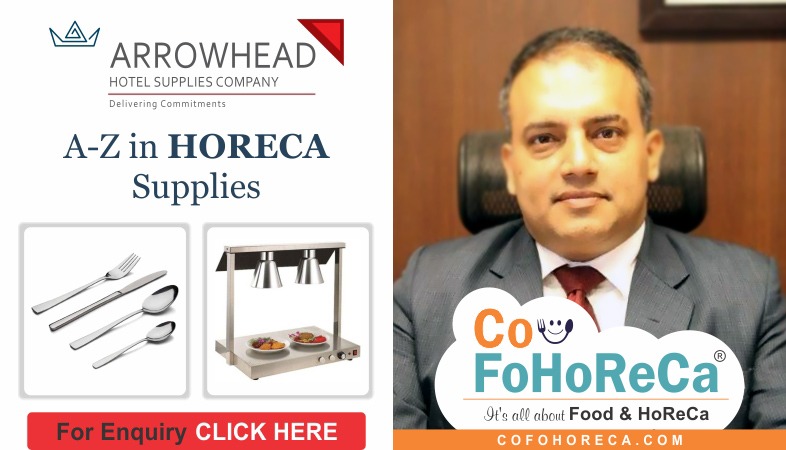Catering Revenue Optimization: Maximizing Profits and Efficiency
Embracing innovation, leveraging technology, and prioritizing customer satisfaction are key to maximizing profits and maintaining a strong market position in catering services.
In the competitive landscape of catering services,
optimizing revenue requires a strategic approach that balances profitability
with operational efficiency. Whether catering corporate events, weddings, or
private parties, focusing on key strategies can help maximize profits and
enhance overall efficiency in catering operations.
1. Strategic Pricing and Menu Engineering: Begin by analyzing market trends, competitor pricing, and cost structures to establish competitive yet profitable pricing strategies. Implement dynamic pricing models that account for seasonality, event type, guest count, and menu complexity. Conduct menu engineering to identify high-margin dishes and strategically position them to drive sales and profitability.
2. Cost Control and Supplier Management: Monitor and control costs by optimizing food and beverage procurement processes. Negotiate favorable terms with suppliers, seek bulk purchasing discounts, and maintain relationships with reliable vendors to secure competitive pricing on quality ingredients. Implement inventory management systems to minimize waste, control portion sizes, and reduce overhead costs.
3. Efficient Staffing and Labor Management: Optimize staffing levels based on event requirements and peak demand periods. Implement flexible scheduling practices to align staffing costs with revenue opportunities while ensuring adequate coverage for event execution. Cross-train staff to handle multiple roles and responsibilities, optimizing labor efficiency and reducing dependency on external hires.
4. Upselling and Cross-Selling Strategies: Implement effective upselling and cross-selling techniques to maximize revenue per guest. Train staff to recommend premium menu items, beverage pairings, and add-on services such as dessert stations or specialty cocktails. Utilize suggestive selling techniques during client consultations and event planning to enhance the overall guest experience and increase per-event spending.
5. Streamlined Operations and Workflow Optimization: Streamline catering operations through process optimization and workflow automation. Utilize catering management software to centralize event planning, menu customization, and client communications. Implement standardized operating procedures for food preparation, service delivery, and post-event cleanup to ensure consistency and efficiency across events.
6. Enhanced Customer Relationship Management (CRM): Leverage CRM systems to nurture client relationships and drive repeat business. Maintain detailed client profiles, preferences, and past event history to personalize service offerings and anticipate future needs. Implement targeted marketing campaigns, loyalty programs, and referral incentives to encourage client retention and generate new leads.
7. Adaptive Marketing and Promotion Strategies: Develop tailored marketing and promotion strategies to attract diverse clientele and increase brand visibility. Utilize digital marketing channels, social media platforms, and industry partnerships to showcase expertise, highlight successful events, and promote seasonal offerings or package deals. Monitor campaign performance and adjust strategies based on analytics to maximize ROI.
8. Continuous Evaluation and Improvement: Regularly evaluate performance metrics, financial reports, and client feedback to identify opportunities for improvement. Conduct post-event debriefings with staff and clients to assess service delivery, identify operational inefficiencies, and implement corrective actions. Foster a culture of continuous improvement to adapt to evolving market trends and maintain competitive advantage.
By focusing on these strategies—strategic pricing, cost control, efficient staffing, upselling, streamlined operations, CRM utilization, adaptive marketing, and continuous improvement—catering businesses can optimize revenue, enhance operational efficiency, and achieve sustainable growth in the competitive hospitality industry. Embracing innovation, leveraging technology, and prioritizing customer satisfaction are key to maximizing profits and maintaining a strong market position in catering services.
.png)


